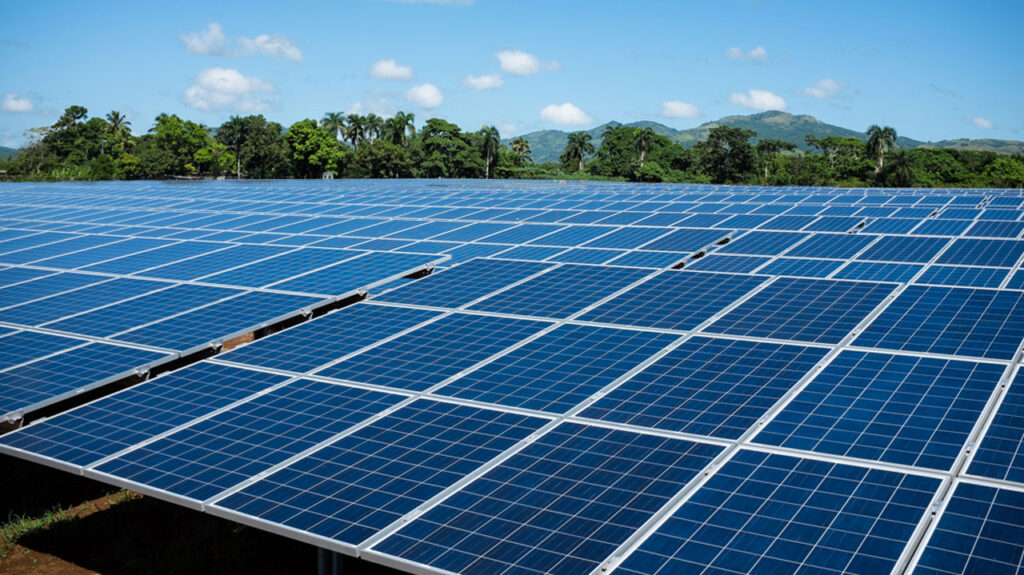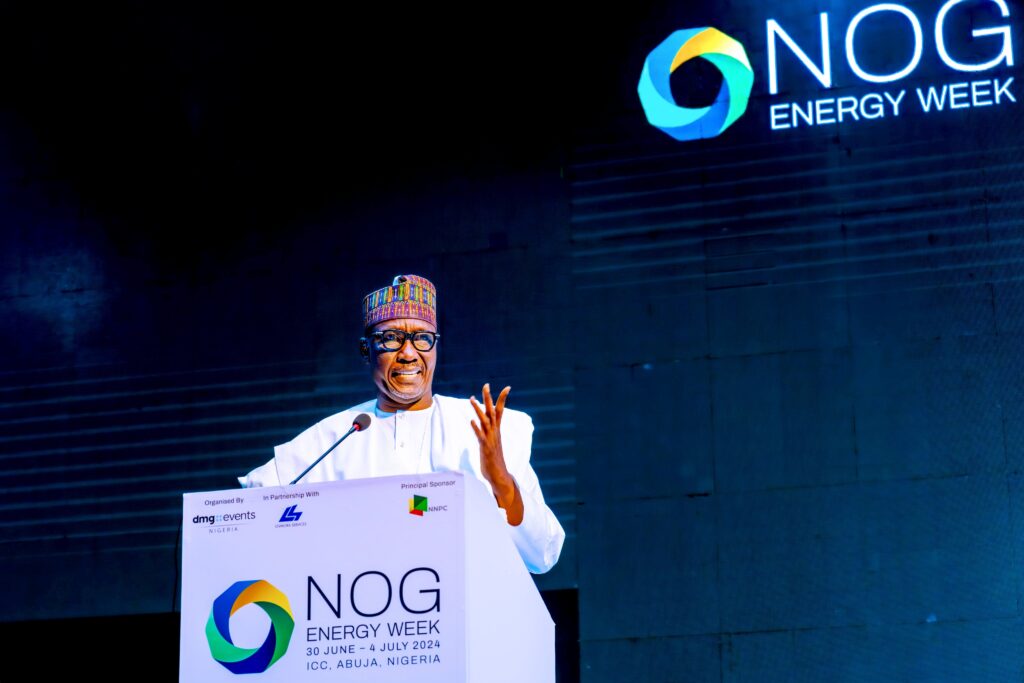
The passage of the new Electricity Bill by President Bola Tinubu requiring generation companies to pay five per cent of their yearly operating expenses for the previous year to fund host communities’ development has started generating mixed reactions.
Tinubu had, earlier in the month, signed the amendment to the Electricity Act as the government noted that the reversed version would “address the development and environmental concerns of host communities.”
Managing Director of Mainstream Energy Solutions, which operates about four generation plants in the country, Lamu Audu said if the new law is enforced, it would kill investment in the generation.
“This will be in addition to the concession fee, royalty, water use fee and all the taxes you can think of which we are already paying. This is an overkill for any potential and existing investor. It has to be reversed otherwise we say bye to attracting investment in the sector which would compound our current situation,” Audu said.
Former President of the Chartered Institute of Bankers of Nigeria (CIBN) and professor of Economics at Babcock University, Prof. Segun Ajibola lauded the move, stressing that there is a need to plan the proper use of the fund.
“It is good that five per cent of the profit of GenCos is being set aside for community development. It is our prayer that the fund will be judiciously used for the purpose,” Ajibola said.
Energy Analysts, Lanre Elatuyi said the imposition of the five per cent on GenCos is ill-advised at a time the GenCos in Nigeria are barely surviving.
Elatuyi said debts owed the GenCos presently stand at over N1.3 trillion, adding though the Federal Government has indicated they would pay about N500 billion out of the debts, the new host community fund won’t help the sector.
“This decision will have an unintended consequence of an increase in wholesale electricity price as this five per cent may be passed through to the end users. The GenCos have their Corporate Social Responsibilities and they have been doing a lot for their host communities despite their financial challenges due to the sector’s illiquidity.
“There is no justification as there are no proven environmental effects of their operations on the communities. We haven’t seen more investments in power generation and capacity expansion in the last few years and we may just be putting more threats on resource adequacy in the electricity market.
A stakeholder in the sector, Adetayo Adegbemle said while the sector advised against it, adding that it was shocking for the President to have approved it.
“We advised against this when Honourable Jimi Benson from Ikorodu introduced it, and we are still against it today. I didn’t think it’s a good idea, I still don’t think it’s a good idea,” he said.
President of the Nigerian Economic Society (NES), Prof. Adeola Adenikinju believes that the fund would be mutually beneficial to the sector and the community.
“The introduction of five per cent profit of GenCos is good for the community and also good for the company in the long term as it would reconcile the interest of both the community and the company,” Adenikinju said.
Managing Partner at Kreston Pedabo, Ajibade Fashina said the provision could help improve community relations, promote local development, and ensure that communities benefit from the presence of power generation infrastructure. He however insisted that it is important to monitor the implementation of the fund to ensure it effectively serves its intended purpose.













